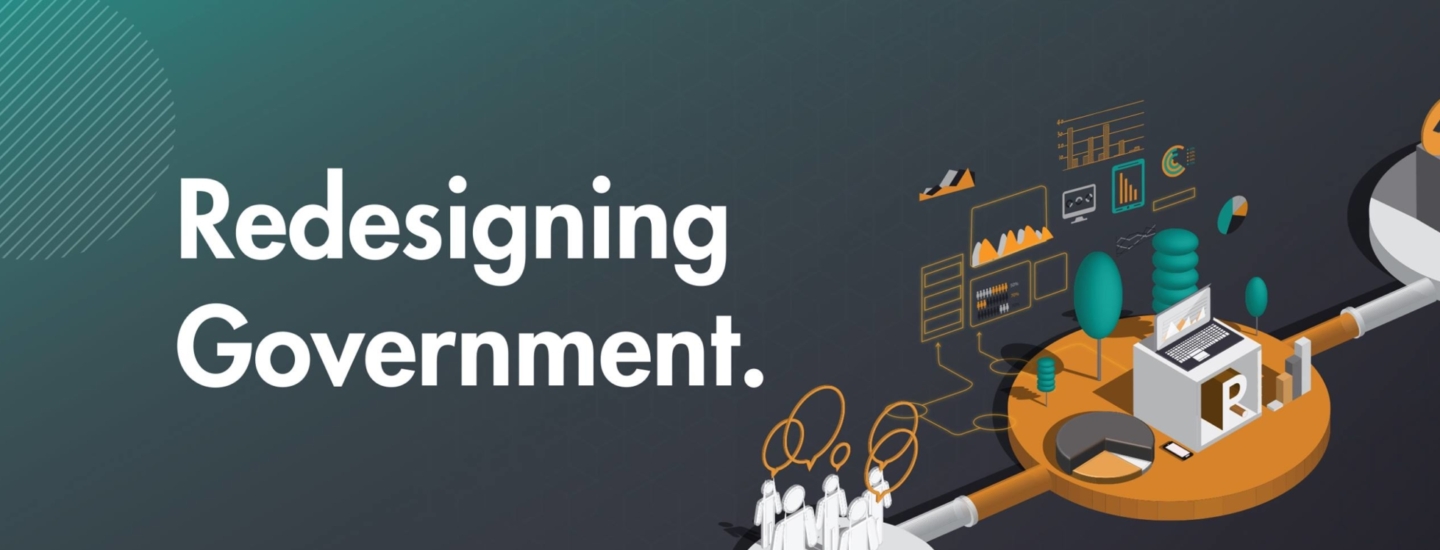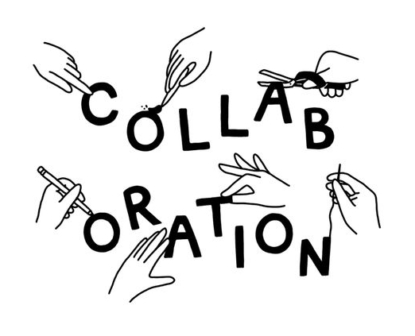Project
Rapid Research For Agile Policy Making
-
Amount Funded
199,497 EUROProject Duration
30 Sep 2020 - 31 Dec 2022 -
-
Lead organisation
Icebreakers Uganda, Freedom and Roam Uganda, Tranz Network UgandaPartners
Icebreakers Uganda Freedom and Roam Uganda TranzNetwork Uganda (The 4th partner's information was removed due to the organisation's safety and security concerns after the passing of the AHA bill.)
-
Icebreakers Uganda is a nonprofit care and support organisation for Lesbian, Gay Bisexual, Transgender people focused on Sexual Health, Sexual Health Rights advocacy, community mobilisation and HIV/AIDS awareness and prevention for all LGBT people.
TranzNetwork Uganda formerly known as Uganda Network for Transgender and Gender Non-Conforming Persons (UNTGNC) was formed on the 23rd of July 2014.
Freedom And Roam Uganda (FARUG) is the oldest sorely Lesbian, Bisexual and Queer (LBQ) diverse persons and womyn’s rights organisation based in Uganda and established in 2003. They are a feminist organisation that reinforces feminist culture and principles, equality of womyn as stipulated in human rights and international instruments.
Icebreakers Uganda is a respected organisation in Uganda serving the LGBT community. FARUG serves the LBT community and has been at the forefront of amplifying the voices of this community. Similarly, Tranz Network has been hard at work to bring issues facing the trans community in Uganda into mainstream dialogue through meetings and research.
They have joined forces on Rapid Research For Agile Policy Making.
-
Organisation
Icebreakers Uganda is a nonprofit care and support organisation for Lesbian, Gay Bisexual, Transgender people focused on Sexual Health, Sexual Health Rights advocacy, community mobilisation and HIV/AIDS awareness and prevention for all LGBT people.
TranzNetwork Uganda formerly known as Uganda Network for Transgender and Gender Non-Conforming Persons (UNTGNC) was formed on the 23rd of July 2014.
Freedom And Roam Uganda (FARUG) is the oldest sorely Lesbian, Bisexual and Queer (LBQ) diverse persons and womyn’s rights organisation based in Uganda and established in 2003. They are a feminist organisation that reinforces feminist culture and principles, equality of womyn as stipulated in human rights and international instruments.
Icebreakers Uganda is a respected organisation in Uganda serving the LGBT community. FARUG serves the LBT community and has been at the forefront of amplifying the voices of this community. Similarly, Tranz Network has been hard at work to bring issues facing the trans community in Uganda into mainstream dialogue through meetings and research.
They have joined forces on Rapid Research For Agile Policy Making.
-
Project
Design Phase (6 months)
The project Rapid Research For Agile Policy Making studies and develops tools for rapid research cycles to understand the LGBTQ+ community members’ contribution to policy-making and transparency by governments, against a backdrop of publicly available academic and policy research. This is done through conducting research (needs assessment, key stakeholder interviews, focus group discussions) as well as policy analyses to understand;-
1) how data by the LGBTQ+ community is collected;
2) how the data is shared and;
3) how rapid research and prototyping is currently incorporated into policy-making.
This information is then used to create semi-automated digital and in-person tools to facilitate rapid research and sharing of anonymised findings with the larger community, through a combination of initial prototyping workshops followed by web-based resources.The initial phase focuses on understanding the needs and challenges faced by the LGBTQ+ community in conducting robust research and in sharing results, where the bottlenecks are, how urban/rural communities are impacted, how data is shared across individual activists, civil society and local/national bodies. The implementation phase then focuses on using this information to develop methodologies, tools and spaces for conducting rigorous, rapid research to inform decision making and hold institutions accountable. This is particularly pertinent as COVID19 has shown us that in unpredictable times, we need to pivot to new ways of being and doing, by incorporating both high-tech and low-tech solutions.
Implementation Phase (18 months)
The project aims to promote inclusive data-driven policies, participation and service delivery within the health sector in Uganda. The project will empower highly discriminated upon subgroups within marginalised communities to self – advocate and inform data collection processes, research products and policy recommendations generated by the project. The disaggregated data, collaborative data platform, evidence based research and policy recommendations will be utilised to influence and catalyse access to services especially health services and create access to safe political spaces, processes and participation by the aforementioned rights holders.
Lessons learnt and innovations from the design phase have informed the development of the Implementation Phase of the project.
-
-
Design Phase (6 months)
The project Rapid Research For Agile Policy Making studies and develops tools for rapid research cycles to understand the LGBTQ+ community members’ contribution to policy-making and transparency by governments, against a backdrop of publicly available academic and policy research. This is done through conducting research (needs assessment, key stakeholder interviews, focus group discussions) as well as policy analyses to understand;-
1) how data by the LGBTQ+ community is collected;
2) how the data is shared and;
3) how rapid research and prototyping is currently incorporated into policy-making.
This information is then used to create semi-automated digital and in-person tools to facilitate rapid research and sharing of anonymised findings with the larger community, through a combination of initial prototyping workshops followed by web-based resources.The initial phase focuses on understanding the needs and challenges faced by the LGBTQ+ community in conducting robust research and in sharing results, where the bottlenecks are, how urban/rural communities are impacted, how data is shared across individual activists, civil society and local/national bodies. The implementation phase then focuses on using this information to develop methodologies, tools and spaces for conducting rigorous, rapid research to inform decision making and hold institutions accountable. This is particularly pertinent as COVID19 has shown us that in unpredictable times, we need to pivot to new ways of being and doing, by incorporating both high-tech and low-tech solutions.
Implementation Phase (18 months)
The project aims to promote inclusive data-driven policies, participation and service delivery within the health sector in Uganda. The project will empower highly discriminated upon subgroups within marginalised communities to self – advocate and inform data collection processes, research products and policy recommendations generated by the project. The disaggregated data, collaborative data platform, evidence based research and policy recommendations will be utilised to influence and catalyse access to services especially health services and create access to safe political spaces, processes and participation by the aforementioned rights holders.
Lessons learnt and innovations from the design phase have informed the development of the Implementation Phase of the project.
-
The Rapid Research for Agile Policymaking Project in Uganda aimed to boost inclusive, data-driven policies. It empowers marginalized subgroups for self-advocacy, contributing to data processes and policy recommendations. Participation in the “Rapid Research for Agile Policymaking” project was critical because it aimed to raise the voices of Uganda’s frequently marginalized LGBTQIA+ (lesbian, gay, bisexual, transgender, queer, questioning, intersex, asexual, and the + stands for other) community. These groups have the difficulty of not having adequate data governance and advocacy abilities to successfully shape policies affecting their well-being. Involving them in the initiative allowed them to close the knowledge gap and have a significant impact on policies that affect their everyday lives. This effort took place in Uganda, where the demand for inclusive policymaking was high, particularly among the LGBTQIA+ population, between 2021 and 2023.
What Worked Well:
- The effort successfully established strong contacts and networks at multiple levels. Transgender-led organizations collaborated with important government bodies, including the Ministry of Health’s important Population Desk and the Uganda AIDS Commission.
- The project’s emphasis on inclusive design approach was effective. The active involvement of many stakeholders, particularly the transgender community, in designing project outcomes ensured that the outputs were tailored to community needs, boosting relevance and value.
- The project displayed flexibility by adapting to changes in the operational environment, particularly when the Anti-Homosexuality Act was enacted. Quick modifications, such as work plan revisions and budget variations, helped the project to successfully navigate difficulties.
- Implementing a peer-to-peer learning and mentoring model, which included trainer training, promoted widespread knowledge transfer. This technique enabled the community to disseminate the learning to a larger audience, assuring sustainability and community empowerment.
How Successes Could Be Expanded
- Replicate successful partnerships between political and civic actors, LGBTQA+ organizations, and government agencies.
- Adopt participatory design, peer-to-peer learning, and mentorship strategies for empowering communities.
- Implement structured training programs, workshops, and mentorship schemes tailored to target community needs.
- Support to advocate for policy changes or legal reforms supporting rights and inclusion of marginalized communities.
Key Learnings
This experience taught the project implementors the value of adaptability when dealing with external problems like legislation changes and societal sensitivities. It emphasized the importance of promoting inclusive discussion while handling controversial themes in cultural contexts.
Outcome Achievement:
The initiative’s primary goal was to empower marginalized LGBTQA+ subgroups by enhancing data literacy, promoting evidence-based advocacy, and fostering inclusive policymaking. Significant strides were taken in various aspects of the initiative; the creation of a data leadership curriculum, transformed into an accessible online self-teaching platform, marked a substantial advancement. The project placed a strong emphasis on enhancing skills, specifically in research and advocacy, with the overarching goal of empowering the community to formulate effective strategies for influencing and instigating policy change.Also, a collaborative platform was devised for enduring use, directed at supporting data-driven activities and advocacy aimed at fostering inclusivity in the policymaking process, ensuring a more comprehensive and participatory approach.
- News




